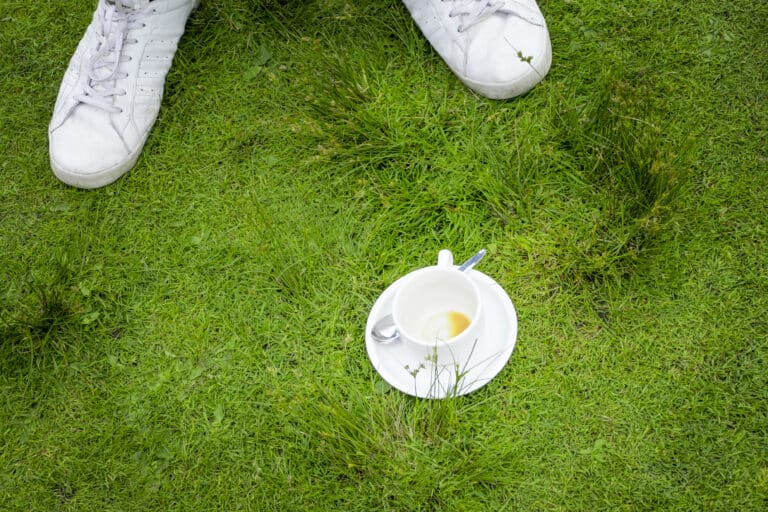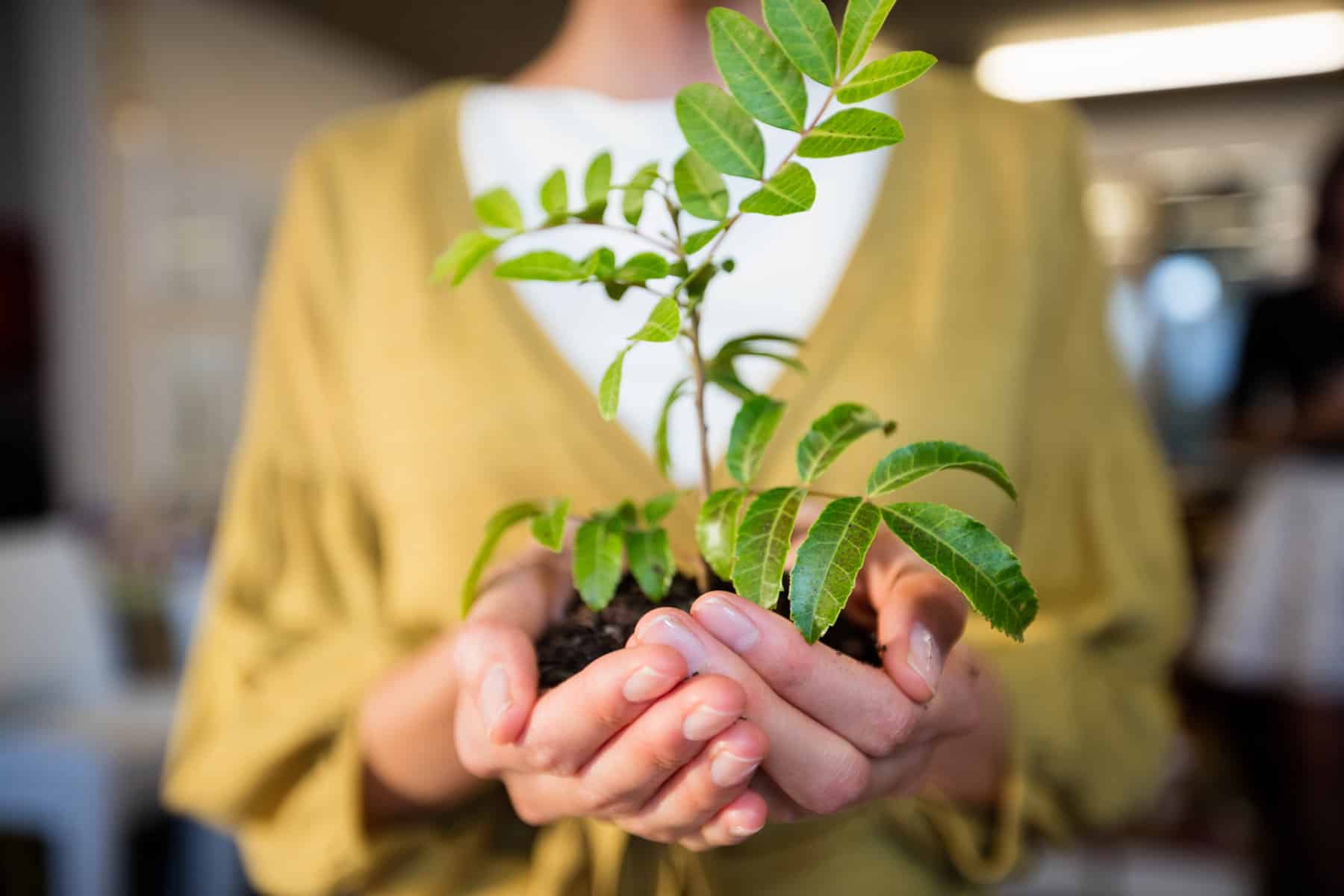are coffee grounds good for roses?

If you’re the proud owner of an indoor rose garden, then you probably spend quite a bit of time caring for it. From planting new varieties to trimming old blooms, maintaining an indoor rose garden can be a lot of work.
To keep things as stress-free as possible, you might want to consider using coffee grounds as natural fertilizer for your roses instead of using chemical-based products that can harm plants over time.
After all, not only does coffee contain various nutrients that are great for the health of plants, but it is also cheap and widely available in almost every home. Here are some tips on how to use coffee grounds as natural fertilizer for your roses:
Start with a good compost
You’ll want to start by making a good compost. Coffee grounds are a great fertilizer for roses, but they don’t quite have the same benefits as an organic compost.
That’s why you should first make your own compost and let it sit for a while before adding in coffee grounds.
Once you’ve made your own compost and allowed it to mature (about three weeks), then you can add coffee grounds into it to mix in nutrients that will help your roses thrive.
Add coffee grounds to your compost
pile Before you add coffee grounds to your roses, create a compost heap and let it sit for a few days. When the time is right, use some of your old coffee grounds to fertilize your rose plants.
Choose the best time to do this: when the weather is at its warmest and there are plenty of hours of daylight. Add coffee grounds to the top of your compost heap, but don’t bury them completely.
If you want, you can turn over the pile every now and then so that all parts of it can be exposed to air for degradation.

Mix coffee grounds into the soil
The best way to use coffee grounds as fertilizer for roses is to mix them into the soil. First, fill the bottom of a large cardboard box with compost and then add a layer of coffee grounds on top of that.
The coffee grounds will stay in place because they’ll be contained within the compost. Next, plant your rose seeds in this mixture and water it thoroughly. Then, once your roses have grown some roots and leaves, start adding more coffee grounds to the soil so that your plants never run out of nutrients.
Another option for using coffee grounds as natural fertilizer for roses is to add them directly into the potting soil you’re using. The way this works is you need a separate container that’s large enough to hold both the potting soil and the coffee grounds together.
After adding water to both containers, you can put them in an area where sunlight can reach but where moisture won’t collect too much (like inside a cabinet or closet).
This method helps prevent mold from growing on your plants’ leaves by keeping moisture levels constant, so be sure not to put them next to any windows or other bright sources of light if you’re doing this.
Switching up the type of fertilizer If you find yourself running out of coffee regularly but don’t want to buy any more just yet, consider switching up your choice of fertilizer by adding cinnamon or cayenne pepper instead.
Take advantage of the benefits of coffee ground mulch
When you’re on the lookout for a natural fertilizer, consider coffee grounds. Coffee grounds make an excellent mulch that can help prevent weeds, add nutrients to the soil, and provide a safety barrier around plants.
You can apply coffee ground mulch directly to roses as a fertilizer or use it as an organic weed-suppressing layer in your garden beds.
Keep in mind that coffee ground mulch will burn if left too close to the flowers, so be sure to space them out evenly and don’t cover the entire flower bed.
If you have trouble finding coffee grounds near your home, check with local coffee shops to see if they have leftover grounds that you can use for your rose garden.

Using dried coffee grounds as an ingredient in flower care products
The most common way to use coffee grounds is by mixing them with other ingredients for a homemade flower care product. You’ll want to mix in enough coffee grounds so that the product has an earthy flavor, but not too much so that it turns into a muddy mess.
Coffee grounds are also great for dusting your plants and giving them a natural shine. Another way you can use coffee grounds as an ingredient in your flower care product is by brewing some fresh coffee.
Just place some of the leaves in the filter and let it brew for a few minutes before filtering out the liquid. Place this liquid on your rose bush or flowers as you would any other type of fertilizer.
Finally, if you have time, you can make a compost tea using coffee grounds.
This tea will help break down organic waste such as dead plant leaves, so they can be used by soil microbes to fertilize your roses and other plants.
Conclusion
Coffee grounds can be used as a great source of nutrients for plants. They are a great source of nitrogen and phosphorus and can also help to reduce water loss. But perhaps the best way to use coffee grounds is to use them as a mulch.
Coffee grounds have a great ability to retain water, which helps prevent the soil from becoming too dry.
Add coffee grounds to your compost, add them to the soil, and enjoy the benefits of less watering, better soil drainage and reduced fertilizer needs.
FAQs
What are the benefits of using coffee grounds as fertilizer for roses?
Yes, coffee grounds are a great natural fertilizer for roses. Coffee grounds are high in nitrogen, so they can be used in flower beds to promote healthy growth.
They can also be mixed with organic compost to enhance its nutritional value and make it more suitable for growing roses. Coffee grounds are an ideal source of potassium, which is important for healthy plant growth and development.
Potassium deficiency is a common problem among roses, so a good amount can help reduce the likelihood of it occurring. Finally, coffee grounds are an excellent source of various trace elements, including calcium, magnesium, and iron.
These minerals are critical for plant growth and development, so they can be added directly to the soil around your roses to help them reach their full potential.
How do you make sure that the coffee grounds are effective as fertilizer for roses?
Coffee grounds are an excellent natural fertilizer for roses. They are extremely rich in nitrogen, which is the key nutrient for plant growth. Because nitrogen is so critical for plant health, coffee grounds can help your roses get strong and healthy roots.
You can also use coffee grounds to fertilize individual rose plants or entire bushes. You can simply pour the grounds directly on to the soil or place them in a container and then fill it with soil.
The coffee grounds will settle to the bottom of the container and stay concentrated there, making them easy to access when you need to re-fertilize your roses.
What are the downsides of using coffee grounds as fertilizer for roses?
While you can use coffee grounds as a natural fertilizer for roses, there are some possible drawbacks to consider. Coffee grounds are typically made up of a lot of fine particles that can be difficult for plants to absorb.
Additionally, coffee can become toxic if it is watered excessively or if it is allowed to dry out too long. While some people may just ignore these potential issues, others may choose to avoid using coffee grounds as a fertilizer at all.
If you choose to use coffee grounds as a rose fertilizer, it is best to mix them with an organic compound like kelp or molasses first. This will help make the coffee more soluble and more easily absorbable by the plants roots.
You also want to make sure that the coffee is completely dry before adding it to your soil mixture. This will help prevent the formation of toxic compounds that can harm plants over time.
For those who are willing to take the risk and use coffee grounds as a rose fertilizer, you may be pleasantly surprised with the results. Not only will the flowers of your roses turn out significantly better than normal, but you may even notice some improvements in overall plant health as well






2 Comments